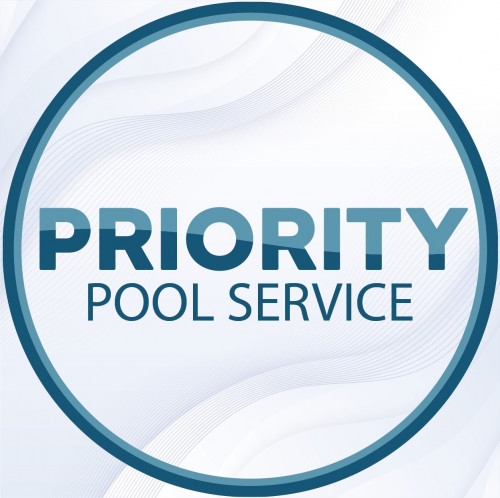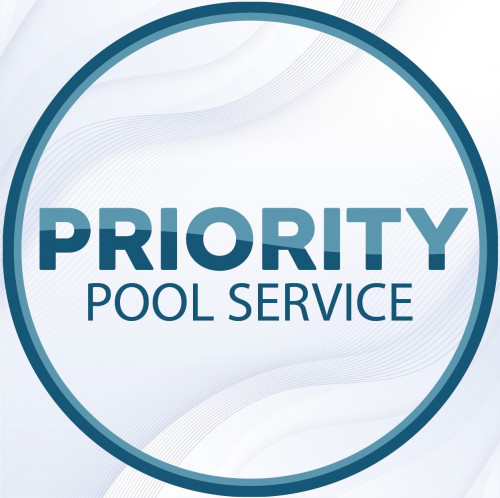Deciding which filter is right for you
Choosing the correct filter isn't as hard as you may think. It really comes to two primary factors: pool size and pump capabilities.
Ryan Ajou
Interests:
Hometown:
Location:
Posts by Ryan Ajou
Deciding which filter is right for you

Choosing the correct filter isn't as hard as you may think. It really comes to two primary factors: pool size and pump capabilities.
Pool size
Purchasing a filter for your pool is essential to maintaining clean, healthy water. If you buy a filter that is too small for your pool size, it won't be able to remove dirt and debris from the water adequately. This could lead to increased bacteria levels, which can be harmful to swimmers. When you go filter shopping for your pool, it's essential to take the filter sizing instructions from the manufacturer with a grain of salt. Many filters tend to overstate their capacities, and buying a larger size than is strictly necessary can have a few negative impacts.
Look at your pump
Your pool filter, in many ways, is dependent upon your pump. After all, the pump is doing all the work of pushing the water through the filtration system. Looking at the size and strength of your pump may help you in determining which filter type or size might be best for your pool. When installing a pool filter, it's vital to remember that the sizing measurements refer to the flow rate of water circulated through the system. In other words, instead of considering how physically large the unit is, think about the amount of liquid volume that can pass through per minute.
Don't forget to factor in ongoing maintenance costs
Pool maintenance requirements vary depending on the pool filter system in use. Cartridge filters are typically easier to maintain as they don't require backwashing and only involve cleaning the cartridges every 8 to 10 weeks. D.E. and sand filters require more regular maintenance as they involve backwashing the filter system periodically and replacing the D.E. or sand material.
Priority Pool Service is dedicated to making pool maintenance a breeze. If you want to learn more about how we can help you find the best filter for your pool, contact us today!
The ultimate guide to pool filters

When it comes to pool filters, there is a lot to consider. To start with, not all pools require the same type of filter. Depending on your pool size, desired water circulation speed, and other factors, you may need a sand filter system, diatomaceous earth (D.E.) filter system, or cartridge filter system. Sand filters are the most economical and efficient choice for in-ground pools of any size and have minimal maintenance requirements. Diatomaceous earth systems cost more but provide superior filtration for small or large pools. Finally, cartridge filters typically fit in-ground or above-ground spas and hot tubs that don't require high flow rates but still need effective filtering.
When it comes to creating the ideal swimming experience, Priority Pool Service is here to provide you with up-to-date intel on pool filters. Our comprehensive breakdown demystifies all things filter selection, installation, and maintenance - so you can make an informed decision when choosing yours!
Historical evolution of pool filters
The invention of the swimming pool filter dates back to the 1930s when a filter was designed specifically for pools. This filter used sand as its primary filtering material and relied on gravity to force impurities through it. Over time, further modifications were made, such as adding a method of agitating the filter bed to increase its efficacy.
Three primary types of pool filters
Cartridge filters
Cartridge filters are far more energy efficient than the other two types since they don't require a backwash valve – this minimizes the resistance put on the pump, resulting in a lower power consumption rate.
Diatomaceous earth (D.E.) filters
D.E. filter tanks contain "fingers" or grids of crushed fossil remains of diatoms, a hard-shelled algae group with the same properties as sand media.
Sand filters
Sand filters have become somewhat outdated in recent years, as many pool owners have opted to change to cartridge filters.
